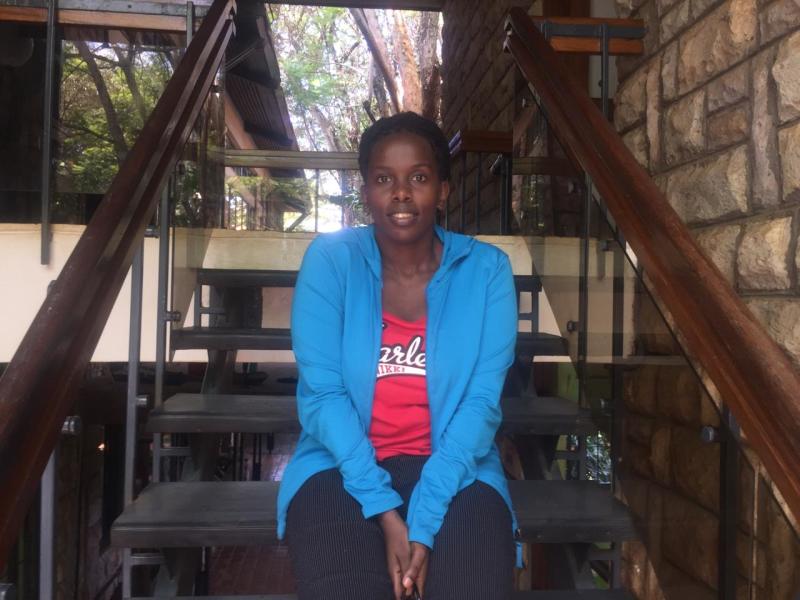×
The Standard e-Paper
Join Thousands Daily

When a robust and person full of life shrinks into a subdued shell, the people close to them suffer too. Tabitha Musya, 34, shares her family’s journey with her mother’s dementia.